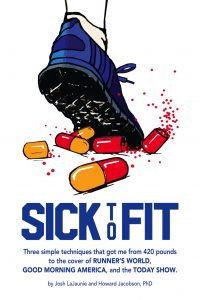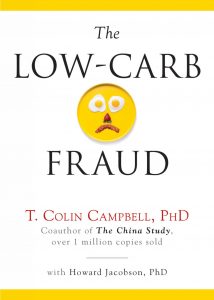Fake It ‘Til You Make It?: How Action Can Trigger Transformation: Matt Nagler on PYP 582
To change our behaviors, we can try to change our thinking. But today’s guest shares a faster, more reliable way to become a different, better version of ourselves.
Read More















